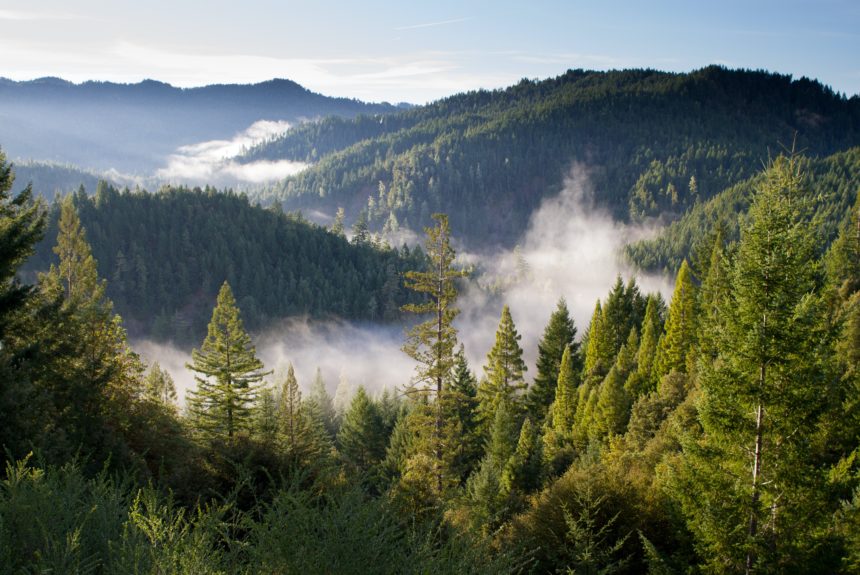It’s almost Earth Day and what better way to celebrate than by recognizing the importance of one of Mother Nature’s most powerful assets: trees.
Every year trees and soil absorb about 30% of global atmospheric greenhouse gas emissions. Additionally, trees prevent soil erosion, improve air quality, and provide countless other ecological and societal benefits.
>>>READ: How Technology is Helping Rebuild Global Forests
Estimates suggest that the Earth’s ecosystems could support an additional 900 million hectares of trees or 25% more forest cover than we have today, but unfortunately, around 7 million hectares of global forest are lost annually to deforestation.
Green Interchange, a Tennessee-based nonprofit, is pushing back by planting trees throughout the Volunteer State. The organization, which is the brainchild of home-state Republican Congressman Mark Green, launched in 2020 and has since made a meaningful impact in the communities that it serves.
John Hart caught up with Green Interchange’s CEO, John McFadden, as a part of the Right Voices interview series.
McFadden outlined the mission and origin story of Green Interchange.
“Our mission is to get out and plant trees and provide other natural solutions, you can call it ‘green infrastructure’ or ‘natural infrastructure’ solutions for some of the problems that are ailing some of our cities and towns these days. Congressman Green back in 2018, 2019, as he told it, was driving down the interstate one day and started wondering ‘why do we keep mowing these interstate interchanges, why can’t we reforest these areas?’ The trees of course will do everything from soaking up air pollutants from our cars, carbon included, as well as filtrating water into the ground, which is going to reduce flooding, the trees will actually use a lot of the nutrients for their own growth. So he just had that idea, and if you know anything about Congressman Green, once he gets an idea that he really likes, he’s going to get it done.”
While Green Interchange’s tree plantings have benefited the environment, they have also had a meaningful impact on the community.
“This is really engaging citizens, this is what it’s doing. One of the greatest things about those big tree planting days is the social part of it. It brings people together. I’ve done those days where I’ve been out in the field and I’ve had the most hard-core conservative and the biggest liberal, I gave one of them a tree and one of them a shovel and said ‘try and work together.’ They got more than one tree in the ground because let me tell you, everybody loves trees and they have so much value in our communities.”
>>>READ: The Tech Startup That is Tackling Reforestation
McFadden’s team has partnered with the Tennessee Environmental Council in its Plant a Tree for Tennessee campaign, which is a state-wide tree planting day. This year Green Interchange and its volunteers will plant 20,000 trees. While certainly impressive, McFadden says the organization can do more:
“We really want to expand our Plant a Tree for Tennessee Campaign. We’d like to do 100,000 trees in a day. If we can do 100,000 in a day in Tennessee, if I can get the other states with me, well then that would be 5 million, right? So we ought to be able to do 5 million in a day [nationwide].”
McFadden says gaining public support for these efforts shouldn’t be too difficult. “The thing with trees is that everybody loves them. I’ve never met someone who says ‘oh, I just hate trees.’”
With climate change, it is possible to miss the forest for the trees. Often the discussion surrounding solutions is focused on ways in which governments can aid in advancing clean technologies faster. While certainly important, Green Interchange is showing that bottom-up, localized solutions exist and are highly effective and popular. On Earth Day and every day, it is important to recognize and highlight the efforts of organizations such as Green Interchange.
The views and opinions expressed are those of the author’s and do not necessarily reflect the official policy or position of C3.
